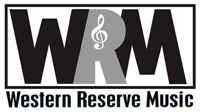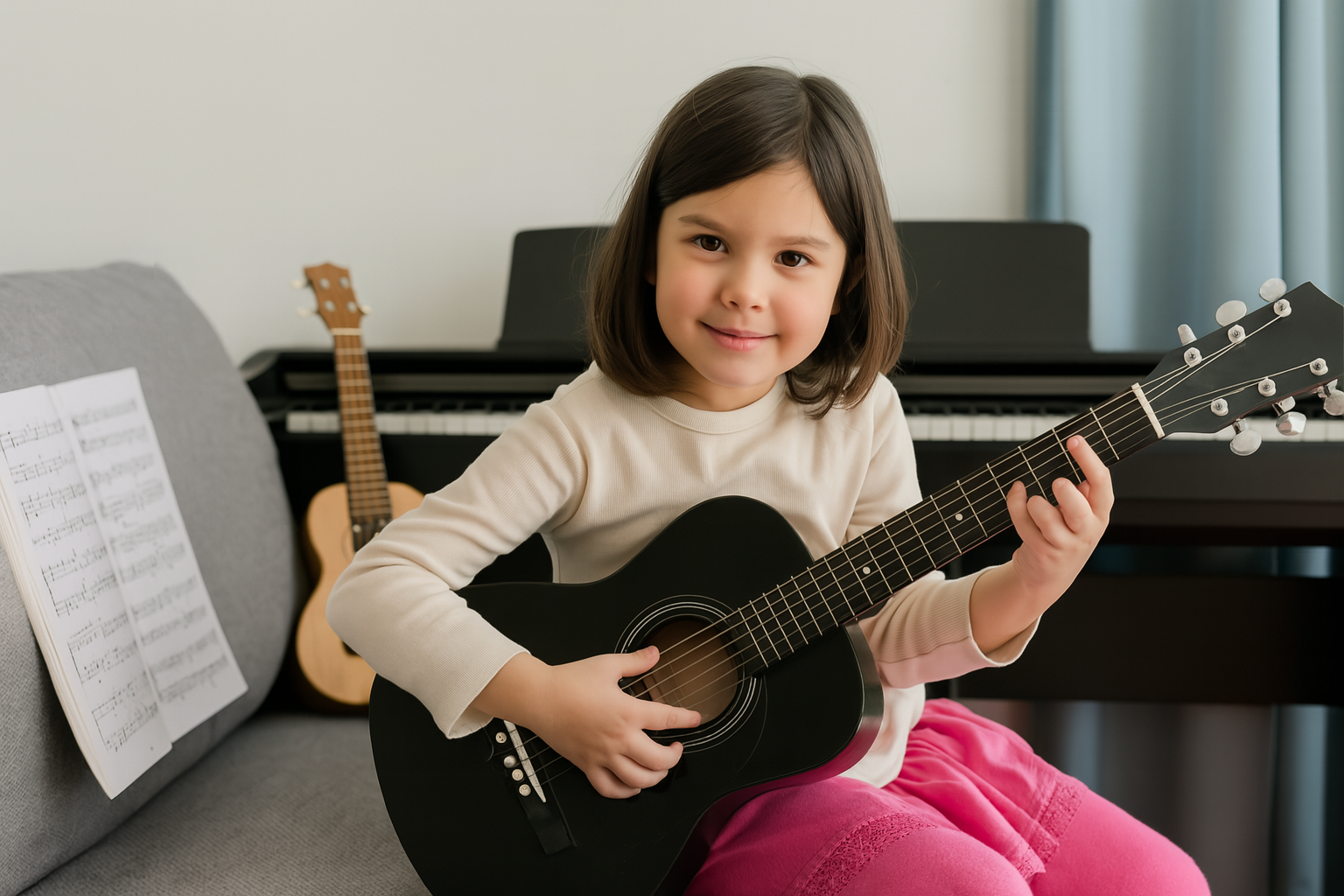As the new school year approaches and families start checking off their back-to-school to-do lists, it’s the perfect time to think about music. If your child is in elementary school, chances are they’ve already started exploring their interests—sports, dance, reading, maybe even a little piano. And while most school music programs don’t officially begin until 4th or 5th grade, learning an instrument earlier can set them up for long-term success.
Private lessons give younger children the chance to build musical skills at their own pace in a fun, low-pressure environment. That early exposure helps them walk into band or orchestra with confidence when the time comes—and gives them an academic and emotional boost along the way.
A Head Start That Pays Off
Students who begin lessons before formal school music programs start already have a leg up when it’s time to join the band. They’re more comfortable with their instrument, understand basic rhythms and notes, and are less likely to get overwhelmed in a group setting. This strong foundation not only improves their performance but also helps them stand out as leaders once they’re in school ensembles.
As we shared in our blog, “From Solo to Ensemble: The Role of Private Lessons in Marching Band Success”, private lessons help students build a strong musical foundation that benefits both individual performance and ensemble collaboration.
Music Builds the Brain
The benefits go far beyond music. Students involved in music lessons show stronger academic performance overall. They tend to score higher on standardized tests, have better GPAs, and are more likely to attend college.
Music strengthens memory, attention span, and problem-solving abilities. It supports math and language development through rhythm, patterns, and reading notation. The best part? Kids don’t even realize they’re developing all these skills while they’re having fun.
Our blog on “Unlocking Your Child’s Potential: The Benefits of Music Education” goes deeper into how music helps improve academic performance, emotional regulation, and cognitive development.
Emotional & Social Growth
Music is also a powerful tool for emotional expression—something especially important for young children. Learning to play an instrument gives kids a healthy outlet for feelings and helps with emotional regulation.
And as they grow, music becomes a way to connect socially. Whether they’re jamming with a friend, playing a duet in a recital, or participating in a school music program, music helps kids learn to listen, cooperate, and build confidence in group settings.
Looking to the Future
Getting started early also creates a pathway to more advanced musical opportunities later. Students who begin with private lessons often transition more smoothly into school ensembles and marching band. That’s where their individual training really pays off. They already have the technical skills and confidence needed to contribute to a group—and to enjoy it.
Ready to Make Music?
Whether your child is already showing signs of musical interest or you’re looking for a structured, skill-building activity this school year, private music lessons are a great way to start.
At Western Reserve Music, we specialize in helping young students grow through music. From finding the right instrument to building strong foundations through personalized lessons, we’re here to help them thrive—this school year and beyond.
Contact us at (330) 342-7317 or sean@westernreservemusic.com for information about lessons.




